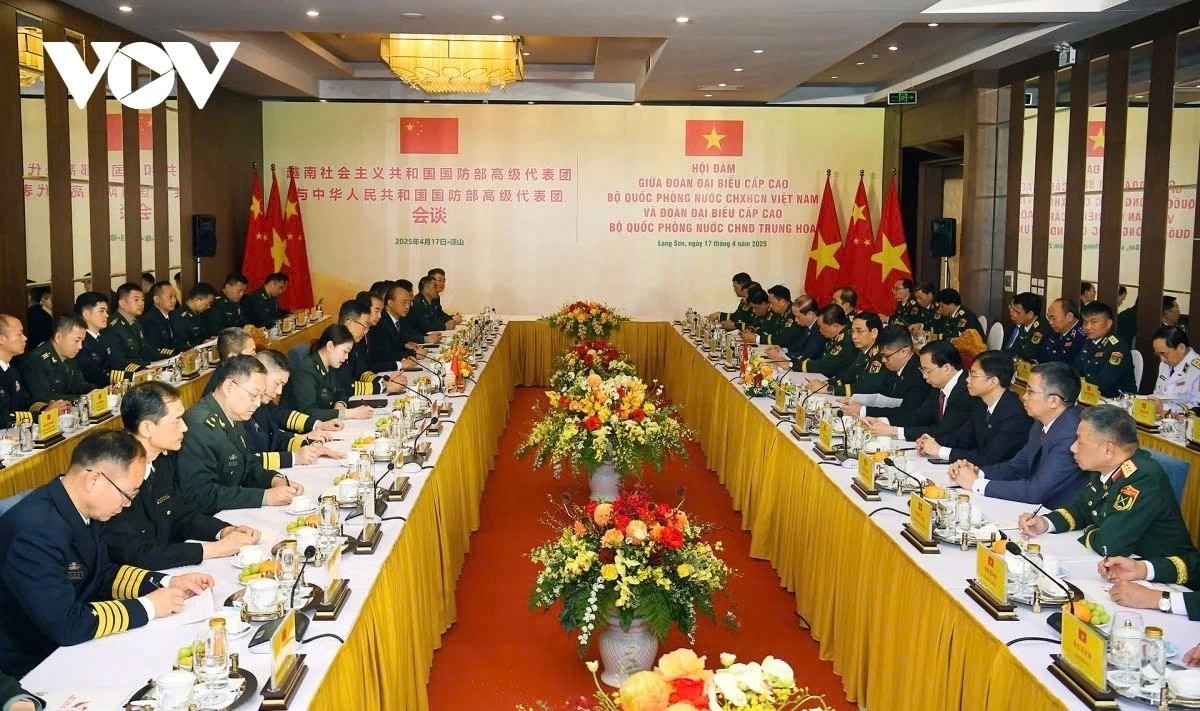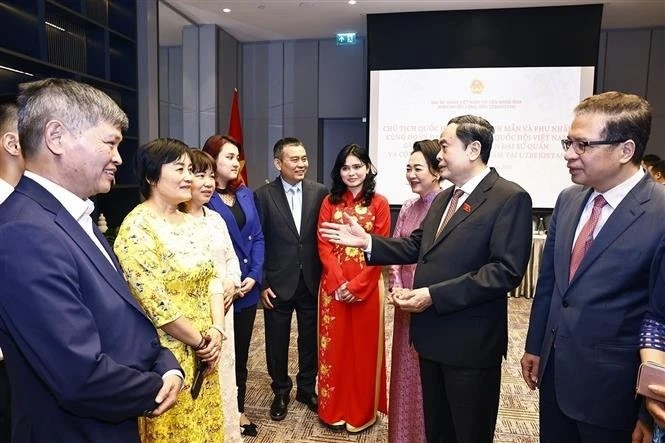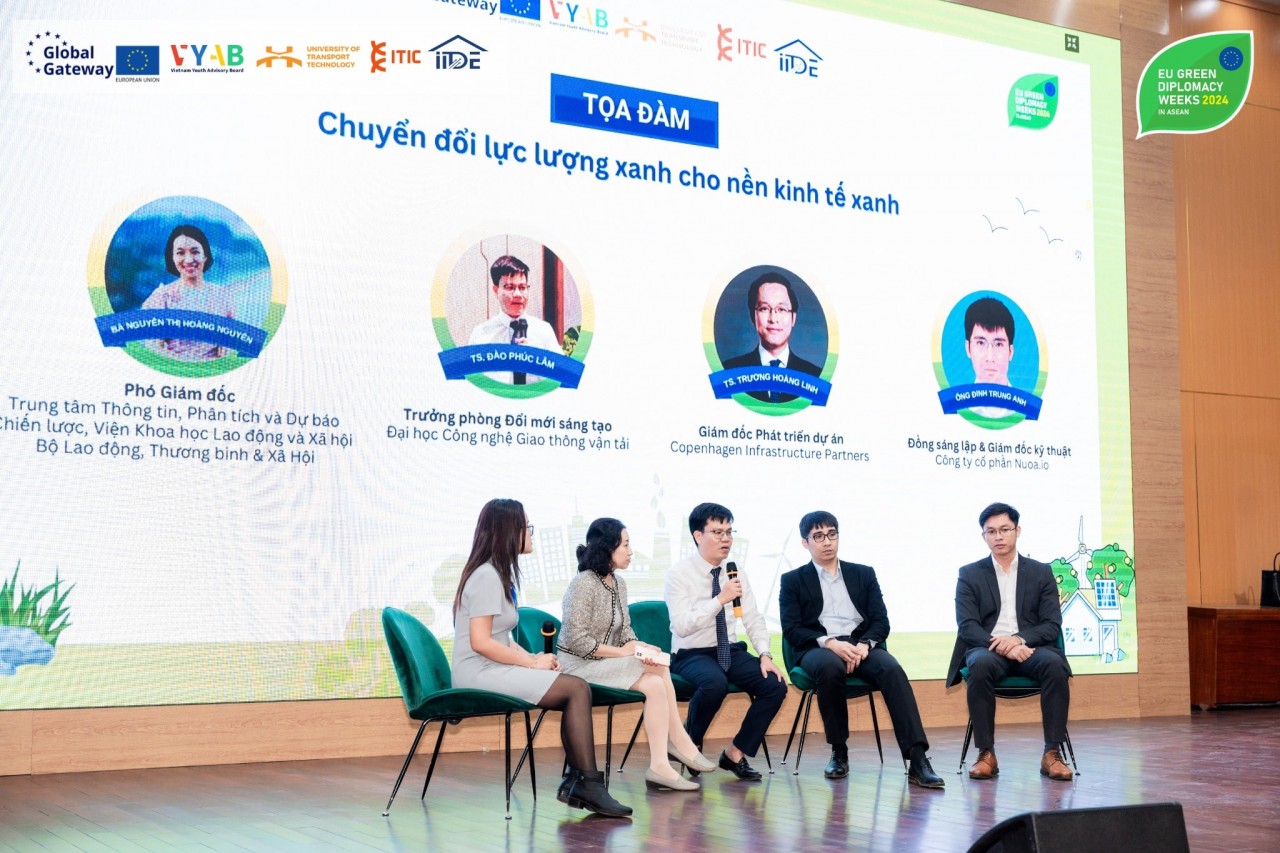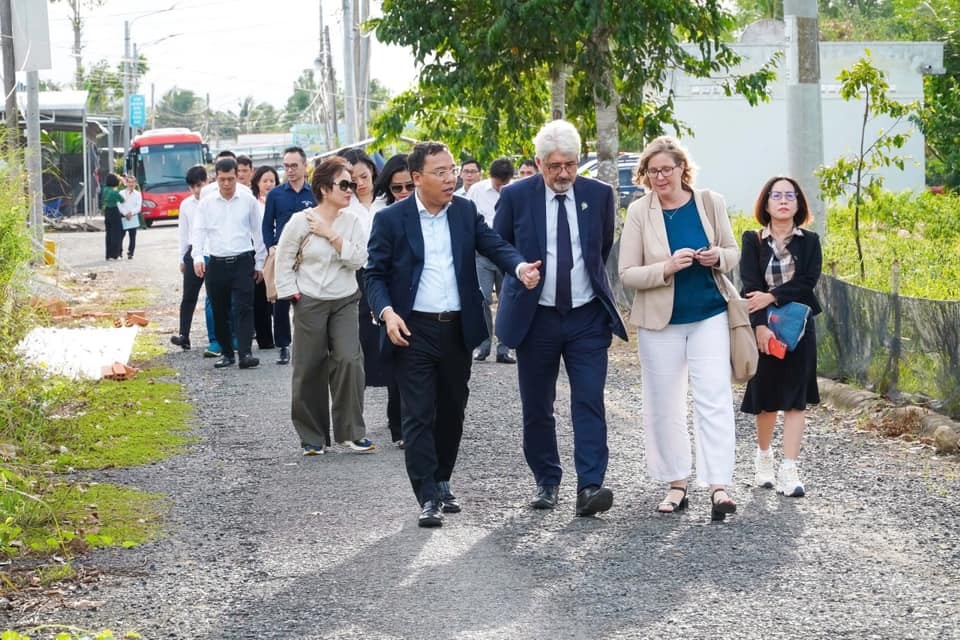Vietnam Has Great Potential for Green Transformation, Says Experts
Renewable energy provides enormous opportunities and financial benefits
Vietnam has an advantage in developing the renewable energy sector due to its long coastline, strong winds, and abundant sunshine. Vietnam's national strategy aims to capitalize on this trait by showing a strong commitment to reaching net zero emissions by 2050 through initiatives to diversify energy sources such as hydropower, wind power, solar power, biomass energy, and green hydrogen.
Most recently, at the 28th Conference of the Parties to the United Nations Framework Convention on Climate Change (COP28) in Dubai, Prime Minister Pham Minh Chinh announced the Resource Mobilization Plan to implement the Political Declaration on establishing the Just Energy Transition Partnership (JETP) with the International Partners Group (IPG), which aims to accelerate emissions peaking to 2030, instead of 2035 as estimated currently, reduce reliance on coal power plants and expand renewable energy infrastructure.
 |
| Prime Minister Pham Minh Chinh delivers a speech at the G77 summit on climate change in Dubai on December 2 afternoon. (Photo: VNA) |
These national efforts and commitments have attracted international investment. According to research from the United Nations Conference on Trade and Development (UNCTAD), Vietnam received US $106.8 billion in foreign direct investment (FDI) in the renewable energy industry between 2015 and 2022, ranking second among developing economies. This encourages the growth of not only the renewable energy industry, but also many other industries, including electric car production, charging station infrastructure, battery and renewable energy manufacturing, green finance, and smart cities.
To fulfill the aim of total energy transition, Vietnam requires an additional US $86 billion by 2030 and US $370 billion by 2050. If realized, these initiatives have the potential to generate from US $95 billion to US $129 billion for the Vietnamese economy by 2030. Based on the IMF's spending multiplier, this would yield between US$ 407 billion and US$ 555 billion by 2050.
Developing the workforce for the future
The enormous benefits of a thriving economy promise to boost the supply of jobs, particularly administrative and technical ones. According to a recent study conducted by the ASEAN Energy Center, renewable energy has the potential to produce 360,000 jobs by 2025 and more than 2 million jobs by 2050 in manufacturing, construction, and electrical operations and maintenance. This is the highest anticipated figure for ASEAN countries. The true figure may be greater if employment in related fields is included.
Furthermore, the real value of the aforementioned chances comes not only in their amount but also in the quality of the jobs created. Over time, the energy transition presents a significant opportunity to equip a future-ready workforce with the skills required for specialist employment in engineering, project management, and other critical fields. As a result, achievement in one field will encourage development in others. This broad development can alter the course of Vietnam's economy.
Identifying challenges and directions
It is necessary for Vietnam to address some barriers to fully realize the potential for development. The necessity for infrastructural development comes first, including network enhancements to improve the ability to store and transfer electricity uniformly across regions. Simultaneously, an effective administrative environment and strategic policy procedures are required to enable long-term planning and project financial viability.
Another pressing issue in Vietnam is closing the labor-skills gap. Solar and wind power installations necessitate significant professional expertise. By 2030, the demand for qualified workers in the power industry is expected to expand by 31% for building and installation occupations, and 25% for operation and maintenance positions. The enormous potential for high-quality work needs a strong foundation in Vietnam's education and training system to ensure capable human resources to meet recruitment needs in this expanding industry.
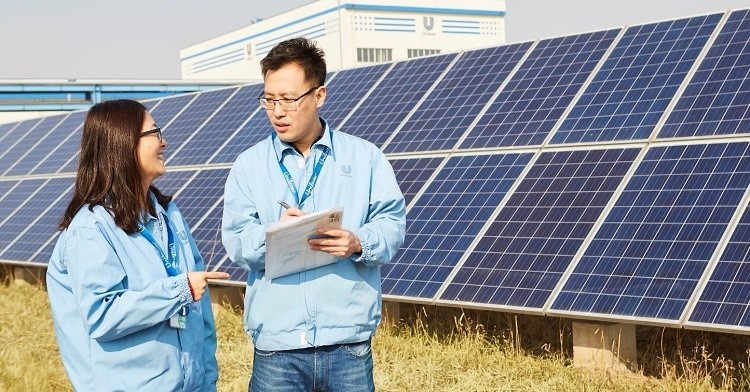 |
| Illustrative photo: A solar power system at a Unilever factory in Vietnam (Photo: Unilever Vietnam) |
Addressing these difficulties demands vision, strategic planning, and coordinated efforts from all sides. The first phase of Vietnam's US $15.5 billion Resource Mobilization Plan, announced during the COP28 Conference, has begun to be implemented. However, it is vital to maintain the strategy that necessitates collaboration among key groups, including policymakers, citizens, investors, and business leaders that actively contribute to the country's financial and socioeconomic development.
Taking advantage of the above benefits and progressive policy measures, all sides need to work together and focus resources on promoting the potential of the green transition, creating jobs, and ensuring people's sustainable livelihoods. Economic considerations have played an important part in Vietnam's long-term development, as evidenced over the last two decades.
 | Vietnam, Netherlands Works Together Towards Green Transformation The Netherlands committed to cooperate with Vietnam, and together find innovative and sustainable solutions to accelerate green economy transformation. |
 | Cooperation Opportunities for Vietnamese-Swiss Businesses in Green Transformation The Prime Minister of Vietnam attending the 54th Annual Meeting of the World Economic Forum in Davos and participating in dialogues with Swiss businesses will ... |
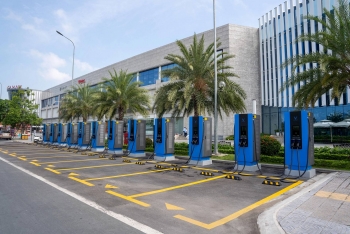 | VinFast Founder launches Global EV Charging Stations Company V-Green In Hanoi, Vietnam, March 18th - Pham Nhat Vuong, Chairman of Vingroup Corporation and founder of VinFast, announced the establishment of V-Green Global Charging Station ... |




